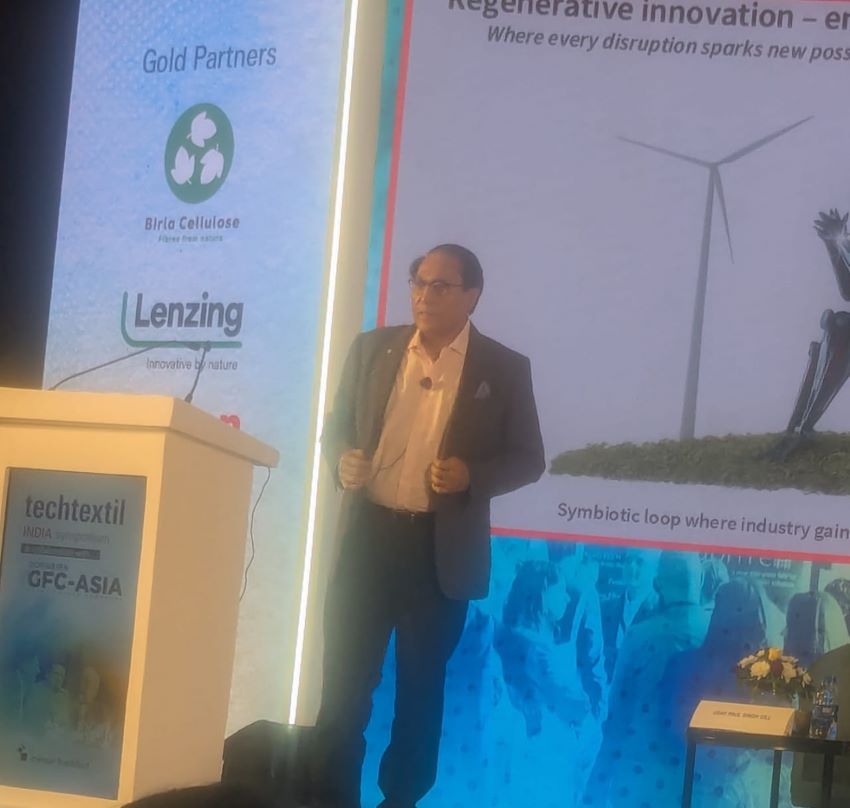The textile and apparel sector in Sri Lanka is reinforcing its commitment to environmental, social, and governance (ESG) transparency with the launch of a significant new sustainability program. The Improving Transparency for Sustainable Business (ITSB) initiative aims to embed world-class ESG reporting practices, enhancing the industry's resilience, competitiveness, and global standing.
Jointly launched by the Global Reporting Initiative (GRI) South Asia, the Sustainable Development Council (SDC) of Sri Lanka, the Sri Lanka Export Development Board (EDB), and the Joint Apparel Association Forum (JAAF) of Sri Lanka, the ITSB program is backed by the Swedish International Development Cooperation Agency (SIDA). It focuses on building long-term capacity for textile and apparel companies, from large multinationals to small and medium-sized enterprises.
Participating companies will receive comprehensive training on utilizing the globally recognized GRI Standards to transparently report on crucial sustainability topics. These include labor practices, climate impact, energy use, economic impact, and waste management. Beyond direct business engagement, the initiative will also collaborate closely with national and international stakeholders, including regulators, investors, industry bodies, worker groups, media, and academia.
The inaugural capacity building session, held on July 16, 2025, at Courtyard by Marriott Colombo, saw strong attendance from public and private sector leaders, including EDB Chairman Mangala Wijesinghe, JAAF Secretary General Yohan Lawrence, and SDC Director Jeevanthie Senanayake.
Rahul Singh, Senior Manager, South Asia, GRI, emphasized the program's significance: "ITSB is designed to elevate sustainability practices and transparency across South Asia’s textile and apparel sector, positioning it for long-term resilience, profitability, and global leadership." He added that adopting GRI Standards boosts corporate transparency, investor confidence, international positioning, and regulatory preparedness.
This program aligns with Sri Lanka’s Action Plan to Develop Inclusive and Sustainable Business Capacities and comes as global buyers increasingly prioritize traceability and ethical sourcing. Emerging regulations, such as the EU’s Corporate Sustainability Due Diligence Directive (CSDDD), are further reshaping international trade dynamics.
Highlights from the session included a preview of the draft GRI Textiles and Apparel Sector Standard (2025), interactive workshops, and a high-level roundtable discussion on integrating ESG with business, policy, and investment goals. Notably, the ITSB initiative is set to expand to India and Bangladesh later this year, making Sri Lanka a regional early mover.
With apparel accounting for over 40 per cent of Sri Lanka’s total export revenue and employing over 350,000 people, the ITSB represents a strategic move towards a future-ready, consciously sustainable industry.












